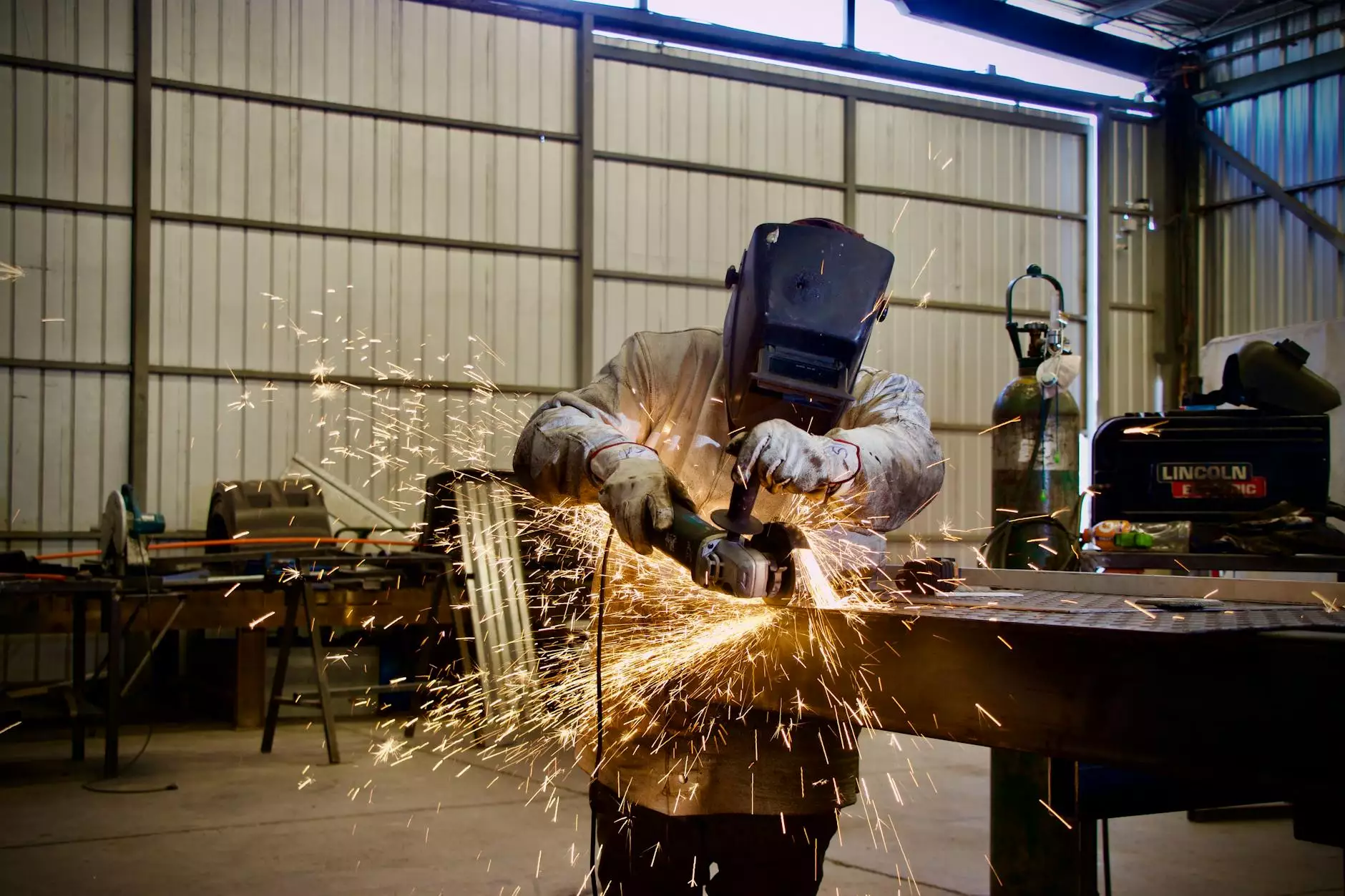The Essential Role of Refrigeration Equipment in Modern Business

Introduction to Refrigeration Equipment
In today’s fast-paced and competitive market, the role of refrigeration equipment cannot be overstated. Businesses across various sectors rely on state-of-the-art refrigeration technologies to preserve the quality and safety of their products. From the food industry to pharmaceuticals, refrigeration equipment plays a pivotal role in maintaining the integrity of perishable goods. This article dives deep into the necessity, types, and advancements in refrigeration systems, showcasing how they impact overall business operations.
Why Refrigeration Equipment is Crucial for Businesses
The need for refrigeration in business operations stems from several key factors:
- Product Quality Maintenance: Refrigeration systems help in maintaining optimal temperature conditions, thus preserving the quality of perishable products.
- Food Safety: Proper refrigeration slows down the growth of bacteria, making it vital for food safety and compliance with health regulations.
- Reduced Waste: With efficient refrigeration, businesses can minimize spoilage and waste, which translates to increased profitability.
- Extended Shelf Life: Refrigeration extends the shelf life of products, allowing businesses to store inventory longer and optimize supply chain logistics.
- Customer Satisfaction: Quality products lead to satisfied customers, driving repeat business and customer loyalty.
Types of Refrigeration Equipment
Refrigeration equipment comes in various forms, each designed for specific applications. Understanding the different types available is crucial for businesses to make informed decisions. Here are some common categories:
1. Commercial Refrigerators
Commercial refrigerators include display cases, walk-in coolers, and reach-in refrigerators. They are essential for grocery stores, restaurants, and food service operations, providing efficient cooling and easy access to products.
2. Industrial Refrigeration Systems
These systems are larger and more complex than commercial units, designed for industrial applications such as manufacturing processes, large-scale food storage, and temperature-sensitive production environments.
3. Refrigerated Transport
Vehicles equipped with refrigeration capabilities are essential for the safe transport of perishable goods across distances. This equipment ensures that products remain at the required storage temperatures until they reach their destination.
4. Blast Freezers
These are specialized devices used to quickly freeze food items, preventing the formation of large ice crystals that can damage cellular structure, thereby maintaining the quality of the food.
5. Cold Storage Warehouses
Cold storage facilities provide bulk storage for perishables, ensuring that large volumes of food can be stored securely before distribution.
Innovations in Refrigeration Technology
The refrigeration industry is continually evolving, with advancements in technology driving efficiency and sustainability. Here are some key innovations:
- Energy-Efficient Systems: New refrigerants and system designs are minimizing energy consumption, which helps reduce operating costs.
- Smart Refrigeration: Integration with IoT technology allows for real-time monitoring and automation, enhancing control over temperature and performance.
- Environmentally Friendly Solutions: Advances in eco-friendly refrigerants are addressing environmental concerns and regulatory requirements.
- Enhanced Safety Features: Modern systems come equipped with advanced safety features to prevent refrigerant leaks and ensure product safety.
The Impact of Refrigeration on Various Industries
Different sectors benefit immensely from advanced refrigeration solutions. Here’s how:
1. Food and Beverage Industry
The food and beverage industry heavily relies on refrigeration for storage and transportation. Efficient refrigeration is essential for meeting consumer demand and complying with health standards.
2. Pharmaceutical Industry
Many pharmaceutical products require strict temperature control to ensure efficacy. Refrigeration equipment plays a critical role in the distribution of these sensitive products.
3. Agriculture and Farming
In agriculture, refrigeration is vital for preserving fresh produce, dairy products, and meats. This helps farmers maintain quality and extend the marketability of their goods.
4. Hospitality Sector
Hotels and resorts rely on refrigeration for food service. High-quality refrigeration systems ensure that guests receive fresh and safe meals, enhancing their overall experience.
5. Retail Sector
Supermarkets utilize refrigeration as a core component of their operations, showcasing fresh items while preventing spoilage, which is crucial for profitability.
Best Practices for Selecting Refrigeration Equipment
Selecting the right refrigeration equipment is critical for the success of a business. Here are some best practices to consider:
- Assess Your Needs: Consider the volume of products, storage conditions, and specific temperature requirements.
- Energy Efficiency: Invest in energy-efficient models to reduce operating costs and environmental impact.
- Durability and Maintenance: Choose equipment designed for durability and ease of maintenance to ensure longevity.
- Compliance with Regulations: Ensure that the chosen equipment meets industry standards and health regulations.
- Supplier Reputation: Work with reputable suppliers known for their quality and customer service.
Conclusion
The importance of refrigeration equipment in modern business cannot be overlooked. Its role in ensuring product quality, safety, and operational efficiency is instrumental in driving success across various sectors. With ongoing innovations and a keen focus on sustainability, businesses that invest wisely in refrigeration technology will be well-positioned to thrive in a competitive landscape. For more insights and details, visit https://www.first-coldchain.com/.



